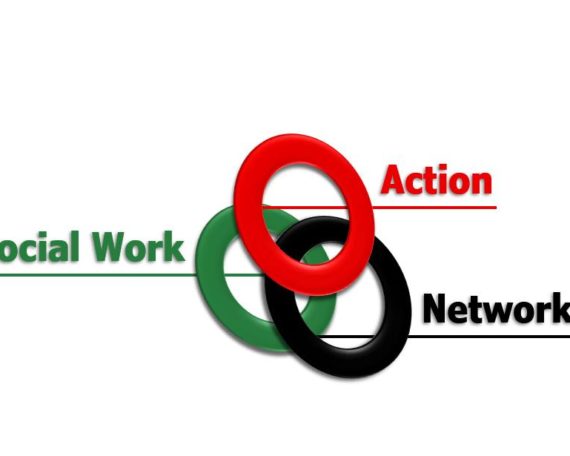The main recommendations of the Report from the Rochdale Borough Safeguarding Children Board (RBSCB) focus on the need to raise awareness of sexual exploitation and grooming amongst young people, more training and clearer procedures for professionals working with children and young people at risk, closer links with communities and improved multi-agency working.
These proposals are fine as far as they go. In important respects, however, they dodge the real issues. Awareness-raising work in schools, for example, like youth work in general, has in the past usually been carried out by voluntary organisations which are funded by local authorities. Voluntary organisations, however, have been amongst the main victims of the Coalitions’ cuts. Where they do continue to receive funding, it is likely to be only for direct work with service users, not for the kind of preventative work which reaches young people more widely.
Similarly, more training and clearer procedures sound good but in the absence of additional resources, these can simply become a means of shifting the responsibility – and the blame – onto already hard-pressed front-line workers (‘she’d had the training – she should have known’ or ‘he failed to follow procedures’).
It’s ironic that the report should call for closer links between professionals and the community. Back in the 1980s, community social work was precisely about trying to build these kinds of links. Since the introduction of the market into social work and social care in the early 1990s, however, the trend has been towards locating social workers in huge call centres, often run by private companies like BT or SERCO and very far from the communities they are supposed to serve. One of the saddest parts of this report is where it discusses the fear and isolation these young girls felt. For them, with a couple of exceptions, none of the major agencies involved – and especially the Police and the Children’s Social Care Service – were interested in listening to them.
That underlines what is perhaps the main point of the report. Very few professionals – and least of all the police and the Crown Prosecution Service – were really prepared to listen to what these girls were saying, let alone act on it. Astonishingly, children in their early teens, several of whom were in residential care, were seen by these agencies not as victims of abuse but as ‘perpetrators’, making sexual choices. That reflects the reality of life for many young people who end up in care due to neglect, abuse or family problems and are then seen not as kids in need of help and support but as ‘problems’. And a combination of cuts and a contract culture which requires voluntary and private organisations to cut staffing levels even further means there is even less support for them than previously. It’s perhaps not so surprising then that in 2009, two 14-year olds walked out of the residential care home they were staying in near Glasgow and threw themselves from the nearby Erskine Bridge. If there’s one lesson to emerge from this experience – it’s the need to listen to – and act on – what young people in need are saying, not the alleged ‘political correctness’ of hard-pressed frontline workers.

